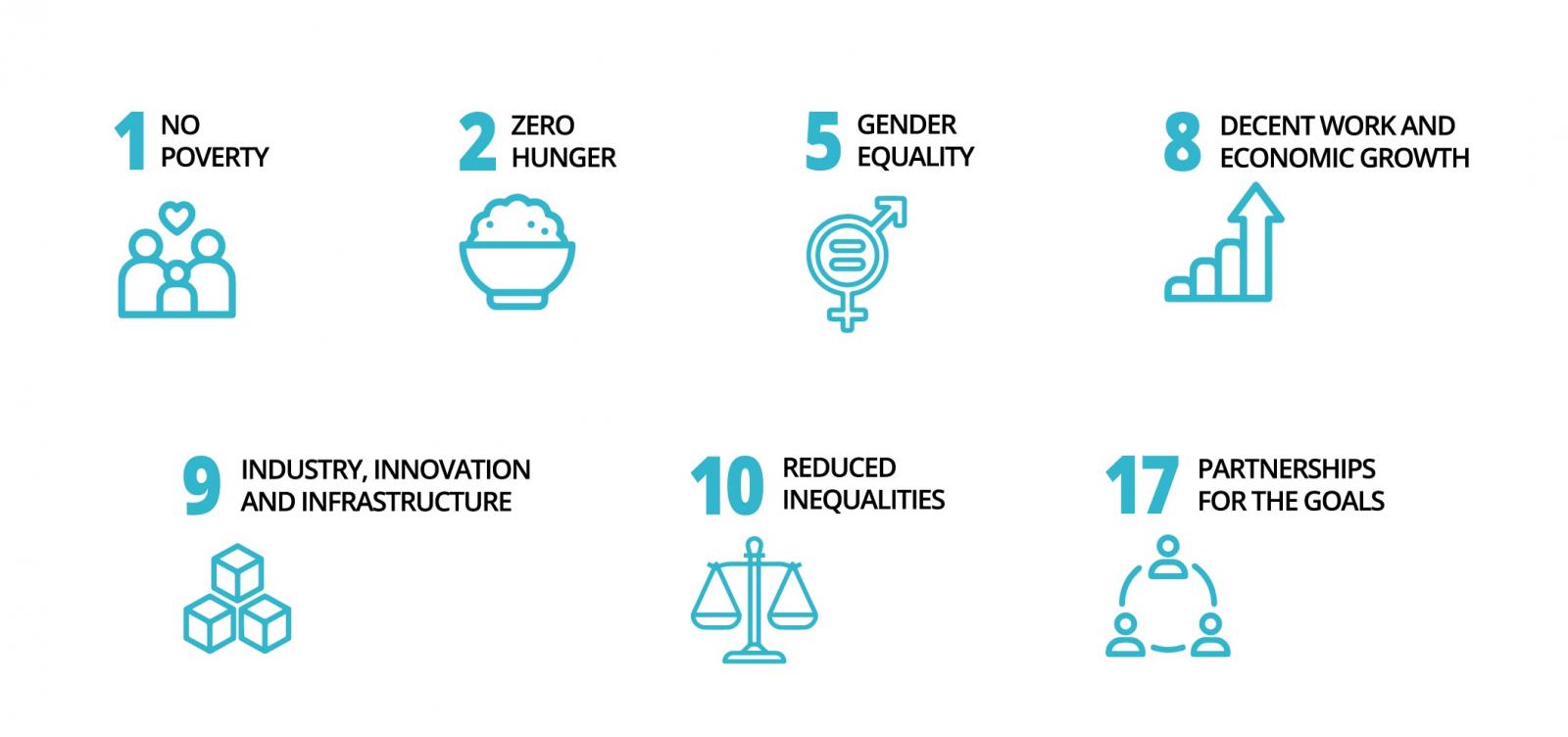Digital innovation
COVID-19: Banks recalibrating for the future

 Source: Sustainable Development Goals
Source: Sustainable Development Goals
Disclaimer: The statements and opinions expressed in this article are those of the author(s) and do not necessarily reflect the positions of Thoughtworks.
